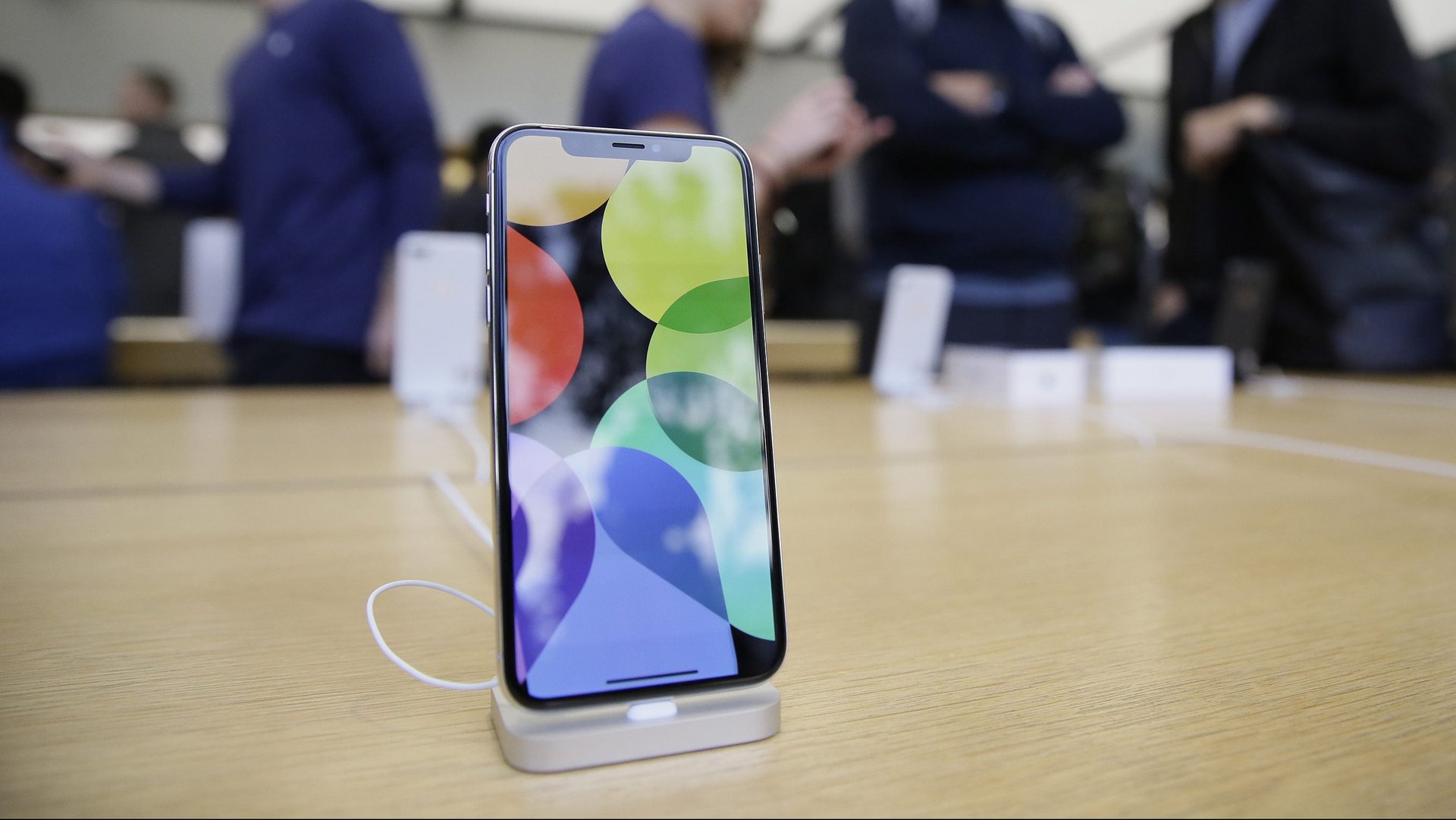Apple is being sued for intentionally slowing down iPhones and not telling anyone
That didn’t take long.


That didn’t take long.
On Dec. 20, Apple admitted that it had been throttling the processing power on iPhones with older batteries, ostensibly to keep them working for longer. While the company maintains it did this with consumers’ interest in mind, it didn’t ever tell them. Some critics noted that slowing down phones using iOS updates, even if it elongated the life of the device, would likely convince customers to buy a new one, considering Apple comes out with new models at least once a year.
And now, two class-action lawsuits have been brought against Apple for this practice, claiming Apple’s clandestine actions resulted in customers effectively being forced to get new phones before they needed to.
Consumers seem to believe that Apple’s motives were less than sincere. A press release for one of the lawsuits, led by the Atlas Consumer Law group in Illinois, says Apple’s “iOS updates, plaintiffs claim, were engineered with this very purpose in mind—fraudulently forcing iPhone owners to purchase the latest model offered by Apple.” The suit alleges that Apple’s actions are in violation of deceptive business laws in Illinois, Indiana, and North Carolina.
A second suit, in California, claims that the plaintiffs “never consented to allow Defendants [Apple] to slow their iPhones” and that they “were never given the option to bargain or choose whether they preferred to have their iPhones slower than normal.”
Apple wasn’t immediately available to confirm whether it had been notified about the suits.